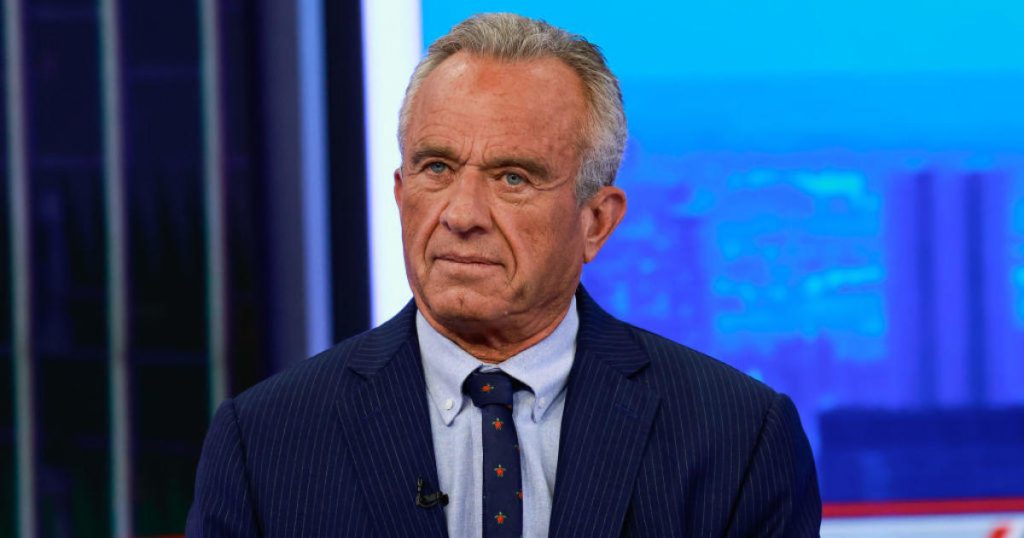The Supreme Court rejected a bid by independent presidential candidate Robert F. Kennedy Jr. to restore his name to New York’s general election ballot. He had mounted an unsuccessful bid for the White House but later suspended his campaign and endorsed former President Donald Trump. Kennedy sought emergency relief from the court, arguing that his supporters had a constitutional right to vote for him, regardless of whether he was actively campaigning. The dispute arose after Kennedy’s nominating petition listed an invalid address, leading to his exclusion from the ballot by state courts.
Kennedy collected over 120,000 signatures to appear on New York’s ballot, but his petition was challenged in state court due to the address listing issue. The state courts ruled that the address listed on his petition did not meet the residence requirement defined in state law. Despite his campaign’s efforts to challenge his exclusion from the ballot in federal court, the court declined to restore Kennedy’s name, leading to his omission from the ballot certification. Kennedy argued that the address was immaterial to voters and posed a risk to his safety if disclosed.
The Board of Elections opposed Kennedy’s request to reinstate his name on the ballot, citing missed deadlines for ballot certification and concerns about voter confusion. They also pointed out that Kennedy had already suspended his campaign, endorsed Trump, and sought to have his name removed from other states’ ballots. Kennedy’s suspension of his campaign came after months of fighting to get on the ballot in all states, and he later encouraged his supporters to vote for Trump in every state. His campaign website now states that “a vote for Trump is a vote for Kennedy.”
Despite facing challenges in other states, such as Georgia and Michigan, to have his name removed or reinstated on the ballot, respectively, Kennedy’s request for relief in New York was rejected by the Supreme Court. This is the third request involving the 2024 election to reach the Supreme Court, indicating more such cases are expected. The justices have previously ruled on election-related issues, such as requiring proof of citizenship for voter registration in Arizona and denying the inclusion of Green Party candidate Jill Stein on the Nevada ballot.
In conclusion, Robert F. Kennedy Jr.’s efforts to have his name reinstated on New York’s general election ballot were unsuccessful, despite his arguments about constitutional rights and address disclosure concerns. The Supreme Court’s decision to reject his request adds another chapter to a contentious election season marked by legal battles and challenges to ballot access. Kennedy’s endorsement of Trump and his push to remove his name from various state ballots have raised questions about his campaign’s intentions and the impact on voters. As the election draws near, the outcome of these legal disputes could shape the candidates’ strategies and voter perceptions leading up to Election Day.


